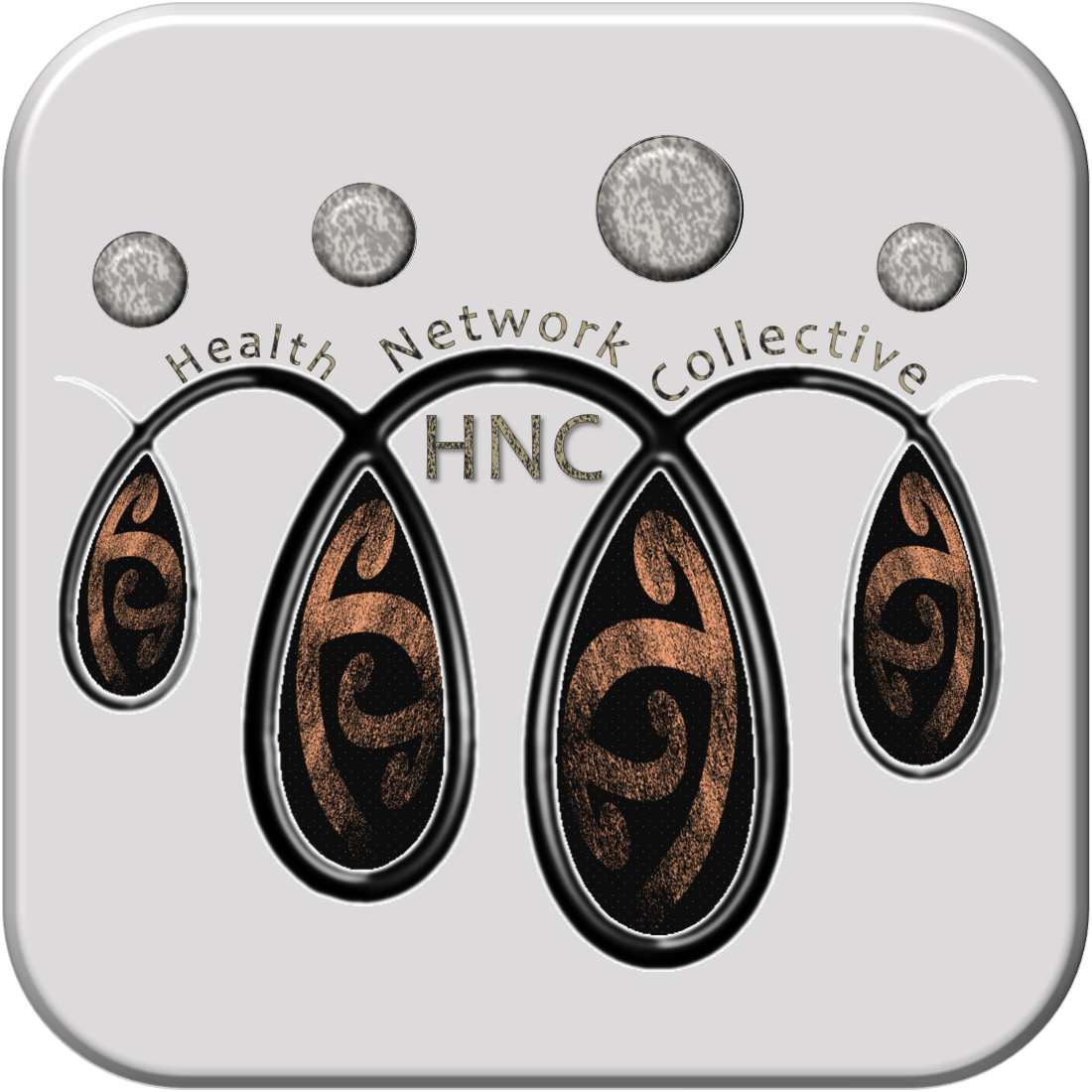Back to: Hepatitis C, an introduction
Treatment of hepatitis C
- Currently, direct-acting antivirals (DAA) are first-line drugs of hepatitis C treatment.
- Highly effective (over 90% of HCV infection can be cured, Mavyret shows 95-99% cure rates)
- Oral administration (do not require injection)
- Treatment usually takes around 8 – 12 weeks
- Minor side effects
- As compared with traditional treatment using PEGylated interferon and ribavirin, DAA’s are not only better tolerated, but also more effective.
- With successful clearance of HCV, the risk of progression to cirrhosis and liver cancer and dying from liver diseases can be significantly reduced. However, regular examination is still required if there is deteriorated liver function, cirrhosis or its complication before treatment.
- As treatment does not confer protective immunity, recovered hepatitis C patients should stop high-risk behaviours to prevent HCV re-infection.
Important note; – treatment will, in most instances, require an RNA PCR type test and a script issued by either a doctor or a prescribing / dispensing approved nurse for the treatment. You, as a community Health Network Collective tester and representative should be able to facilitate this.
Aotearoa New Zealand has approved regulations in place that allow approved community liver and hepatitis nurses to dispense treatment to qualifying wai ora.
Sustained virologic response (SVR) is an indicator of treatment success.
A sustained virologic response occurs when the blood test shows no detectable RNA viral load 12 weeks after treatment. People having achieved SVR after treatment are considered as cured, and will not transmit the virus to others.
Please download and review the below course materials, “Mavyret prescribing highlights” for interest only.
